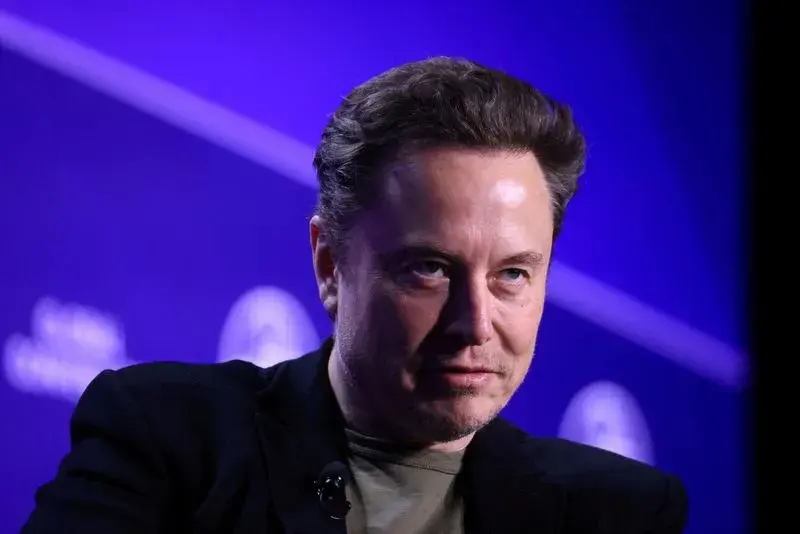Some highlights I found interesting:
After Tinucci had cut between 15% and 20% of staffers two weeks earlier, part of much wider layoffs, they believed Musk would affirm plans for a massive charging-network expansion.
Musk, the employees said, was not pleased with Tinucci’s presentation and wanted more layoffs. When she balked, saying deeper cuts would undermine charging-business fundamentals, he responded by firing her and her entire 500-member team.
The departures have upended a network widely viewed as a signature Tesla achievement and a key driver of its EV sales.
Despite the mass firings, Musk has since posted on social media promising to continue expanding the network. But three former charging-team employees told Reuters they have been fielding calls from vendors, contractors and electric utilities, some of which had spent millions of dollars on equipment and infrastructure to help build out Tesla’s network.
Tesla’s energy team, which sells solar and battery-storage products for homes and businesses, was tasked with taking over Superchargers and calling some partners to close out ongoing charger-construction projects, said three of the former Tesla employees.
Tinucci was one of few high-ranking female Tesla executives. She recently started reporting directly to Musk, following the departure of battery-and-energy chief Drew Baglino, according to four former Supercharger-team staffers. They said Baglino had historically overseen the charging department without much involvement from Musk.
Two former Supercharger staffers called the $500 million expansion budget a significant reduction from what the team had planned for 2024 - but nonetheless a challenge requiring hundreds of employees.
Three of the former employees called the firings a major setback to U.S. charging expansion because of the relationships Tesla employees had built with suppliers and electric utilities.



You have to keep in mind the scenarios where it will be used. While truly fast charging does exist today (20 minutes or so for 80% charge), that is not widespread, nor is that the way it’s typically done. Level 3 (DC fast charging) is expensive (moreso than gas), potentially detrimental to the battery, and still usually not very fast (an hour at least). As such, you aren’t going to charge at your local gas station the same way you get a fill up today.
Most people use a level 2 charger, either at home or at work. This means it can sit for 8 hours to refuel. Many parking garages have this as well. Level 2 chargers deliver AC directly to the vehicle, meaning you don’t need a lot of infrastructure- just a 240v line and a billing system. This in turn means it’s cheap and relatively easy to install. Sometimes you’ll see these outside of Starbucks or a grocery store, but not especially often. You’ll get ~25 miles of range per hour charging using level 2. But even if you spend 2 hours drinking coffee, or buying groceries, you’ve only added 50 miles of range.
This is where level 3 comes in. It requires some pretty significant equipment (which is part of why they’re always broken), because it has to convert AC into high voltage DC. It also has to chill the cables internally, otherwise they’d quickly overheat from the electricity passing through. But this takes up space that’s probably not really available in the lot.
I am seeing fast chargers now being installed at travel centers/truck stops along major highways. It fits in nicely with regular stops on a road trip for food. I’m also seeing them being installed at most Walmarts, since that’s perfect for grocery shopping.
Around here, that last group has been from Electrify America, which does NOT require an app. They have a standard credit card reader.